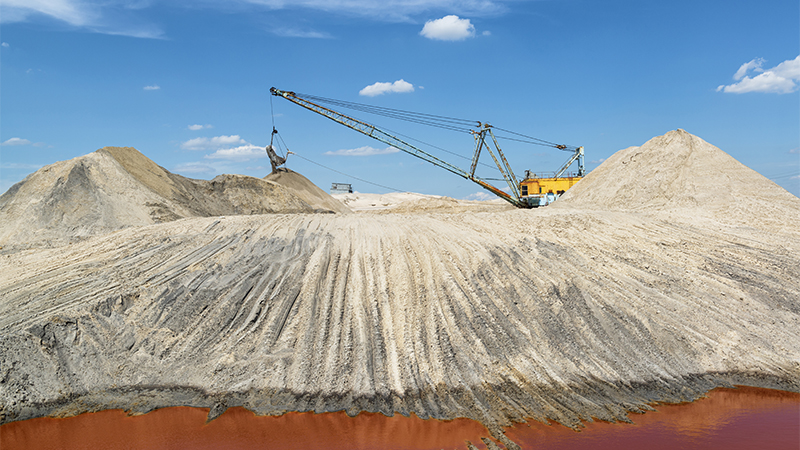Donald Trump’s transactional style has ushered in a new era for geopolitics and markets alike. Discussions over a US-Ukraine mineral deal, which the US president claims would provide security to Ukraine at the cost of access to its deposits, has been a feature of Trump’s rhetoric since beginning his second term.
The deal could have a significant impact on global commodity markets, with Ukraine home to various mineral deposits, including titanium, lithium, uranium and graphite.
Hakan Kaya, senior portfolio manager of the Neuberger Berman Commodities Ucits fund, says at face value, the US-Ukraine mineral deal might seem like it is creating supply out of thin air, which could be bearish for commodities.
“The reality is more complex, with both short- and long-term implications that could actually tighten markets and support prices.
“If this deal helps pave the way for a broader truce, one immediate effect could be the removal of sanctions or price caps on Russian oil. Right now, discounted Russian crude has been a major factor in keeping global prices in check. If that discount disappears, Russia would sell at market rates, potentially pushing oil prices higher.”
Both Russia and Ukraine have aggressively exported other commodities such as grain to finance their war efforts. Kaya adds that a ceasefire could reduce the pressure to sell, leading to a slowdown in supply and firmer prices in wheat and corn markets.
Longer term, Ukraine’s reconstruction would likely drive demand for industrial commodities such as steel, cement and energy, adding another layer of price support.
“Another key factor is risk sentiment,” according to Kaya. “A de-escalation of the war would likely improve market confidence, reducing risk aversion and encouraging investment. In Europe, where businesses have been cautious in stockpiling raw materials due to economic uncertainty, this shift in sentiment could lead to renewed physical restocking. That, in turn, could tighten inventories across key commodity markets, from metals to energy.
“Then there’s the long-term impact on critical minerals. Ukraine holds significant reserves of lithium, titanium and rare earth elements – key inputs for batteries, aerospace and defence. If this deal strengthens US access to these materials, it could reduce supply-chain risks, making investment in commodity-intensive sectors more attractive and driving sustained demand growth.
“So while an initial glance might suggest an oversupply risk, the bigger picture points to a scenario where improving risk appetite, shifting trade flows and renewed economic activity actually tighten commodity markets rather than weaken them.”
Read the rest of this article in the April issue of Portfolio Adviser magazine










